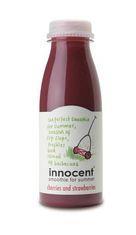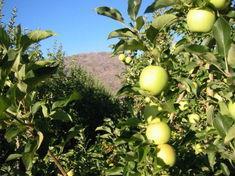

An ethical meal would comprise Innocent Smoothies and Abel and Cole organics, but would exclude South African apples and produce from Dole, according to food journalist Joanna Blythman.
Writing for the Observer this weekend, the food guru compiled a list of produce, guilty of “unethical marketing, food miles and products that have caused deforestation.”
Farmed tiger prawns, Nestle and broiler chicken were among a range of foods on the list of "what Joanna Blythman won't eat", which also included several fruit and vegetables.
Blythman singled out Dole pineapples for alleged violation of international labour standards in Latin American countries, a claim backed in May by 74 trade union and non-governmental organizations in North America and Europe.
Tesco’s South African apples are also unethical, she said, citing dismal living conditions suffered by fruit pickers, and supported by the case of Gertruida Baartman, a fruit picker for Tesco, who attended the retailer’s agm to ask for improved pay and conditions.
Pink Lady apples did not escape criticism either. Blythman suggested the world’s first trademarked apple was unethical, having been accused of ‘bio-piracy” - the privatization of the planet’s biodiversity, by critics. “It sets a sinister precedent,” she said. “…although it has been created using material from the natural world's genetic ‘commonwealth’, the hybrid is now the property of a profit-driven company. Anyone wanting to plant Pink Lady has to pay for the privilege of growing it.”
However, fresh produce was redeemed in a separate article, by Blythman, detailing the most ethical meal on earth.
Innocent Smoothies, which does not airfreight fruit and is soon to introduce cornstarch bottles, were included, and Windward Isles’ Fairtrade bananas were also on the list. She wrote: “When you buy Windward Isles bananas you honour Britain's historic commitment to the people of the Windward Isles, you support more enlightened trade, and you encourage supermarket chains to keep on selling them,”
She also advocated buying organics from Abel and Cole in preference to the retailers’ newly introduced box schemes. “Why sign up for a box from a supermarket that is still air-freighting produce so that it can put Kenyan green beans on its shelves 52 weeks of the year, when you can get one from this company that supplies food that is ethical through and through?” she said. She commended Abel & Cole for reusing its delivery boxes, treating its growers fairly, and for never airfreighting produce.



